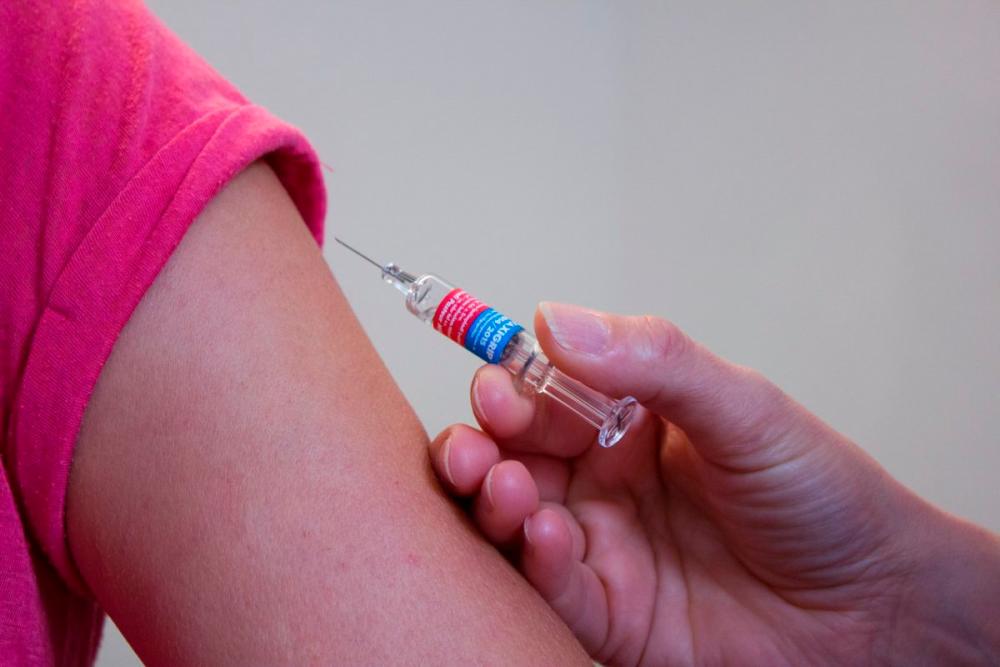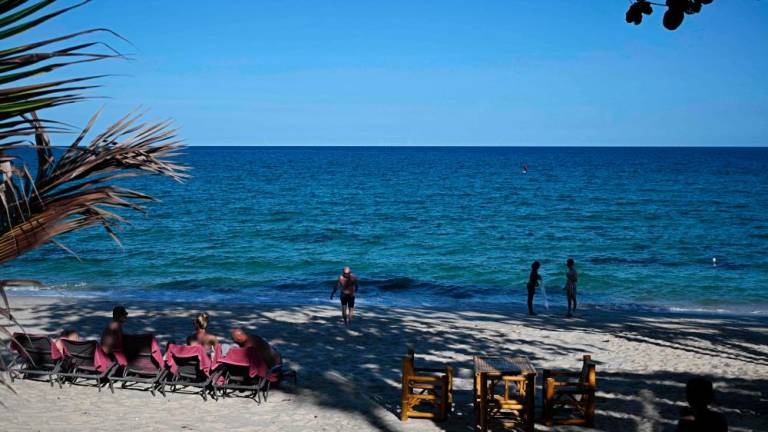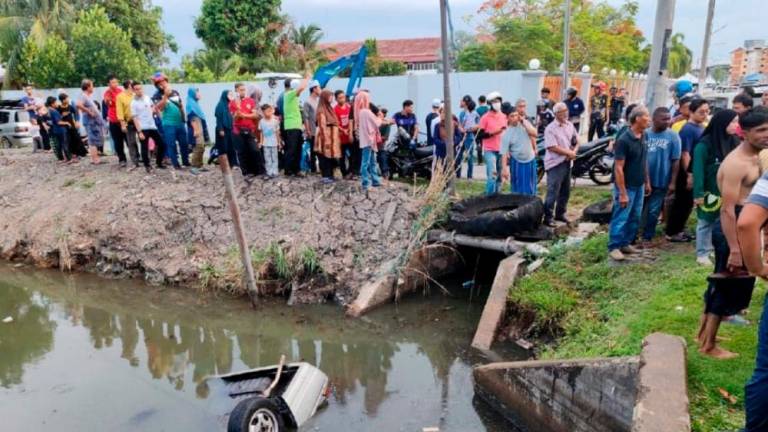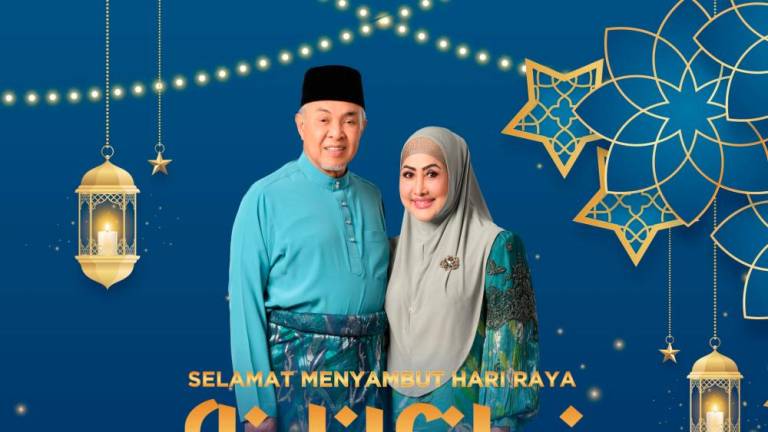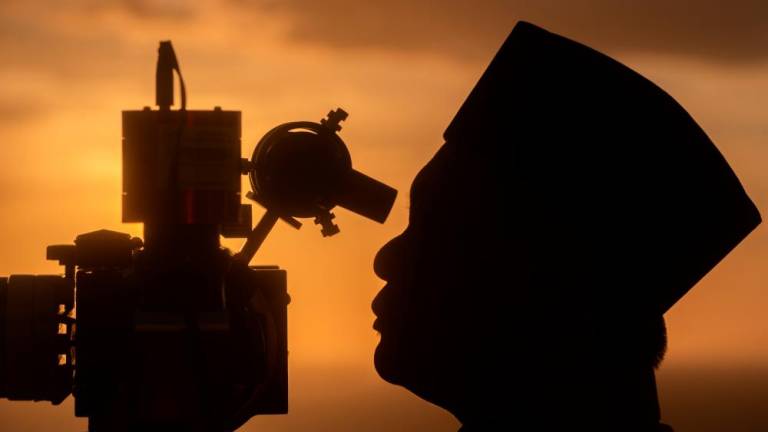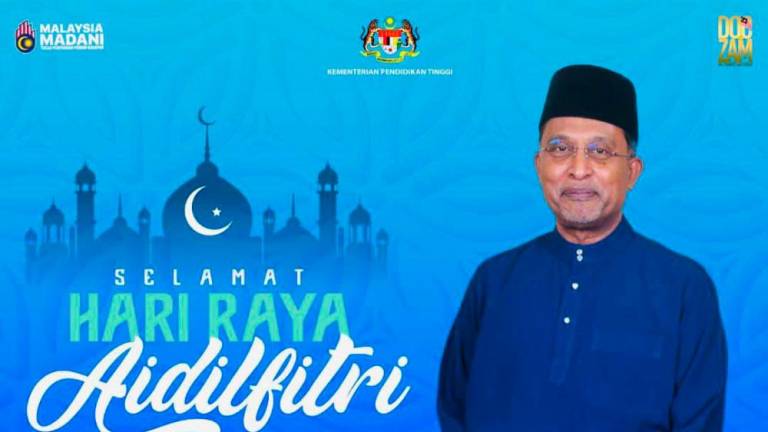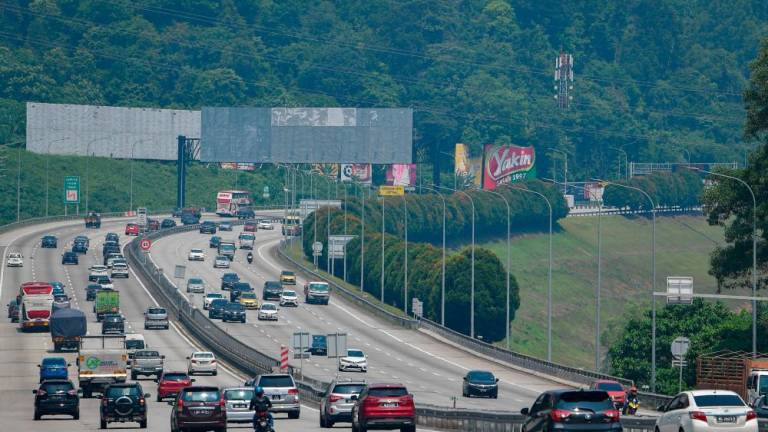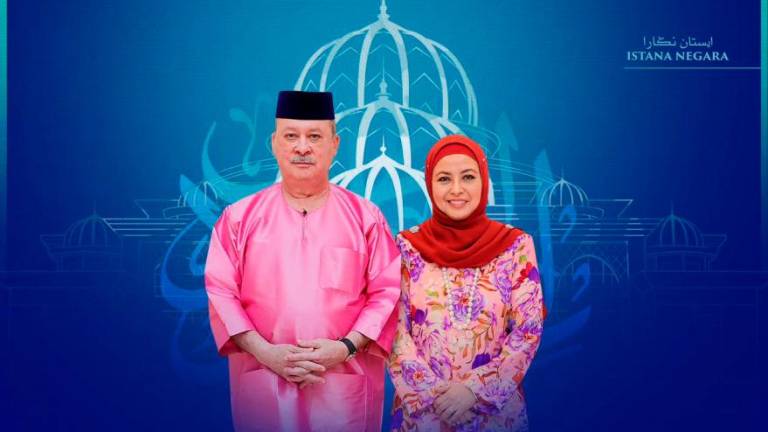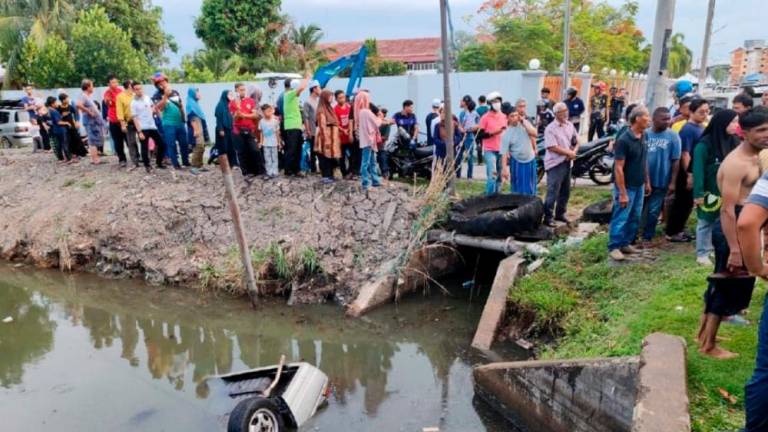KUALA LUMPUR: Having grappled with the Covid-19 pandemic for a year now, vaccines that promise to curb the transmission of the deadly coronavirus are finally available in Malaysia.
Based on data compiled under the ongoing Covid-19 World Symptom Survey, conducted by Facebook and the University of Maryland in the United States, as of Feb 6, about 74.39 percent of respondents from Malaysia were willing to be vaccinated while 20 percent of them appeared to be hesitant or unsure whether to accept or reject the vaccine.
Malaysian Pharmacists Society (MPS) president Amrahi Buang said there is no reason for society to harbour misgivings about the Covid-19 vaccine as the government has provided information on various platforms to educate the public on the safety and efficacy of the vaccine.
“The National Covid-19 Immunisation Programme guidebook and the portals of the ministries and agencies concerned are the best platforms to refer to for information on the vaccines,” he said during a recent webminar on Covid-19 immunisation organised by the national apex cooperative of Malaysia Angkatan Koperasi Kebangsaan Malaysia Bhd or Angkasa.
Apart from the safety, quality and efficacy aspects, many people were also worried about the vaccines’ halal status, he said.
APPROVED BY NPRA
“It must be noted that the Ministry of Health, through the National Pharmaceutical Regulatory Authority (NPRA), carried out tests and research before approving the use of the vaccines in Malaysia.
“The National Fatwa Council has also confirmed the vaccines are halal,” added Amrahi.
Pointing out that the level of effectiveness of the Covid-19 vaccines varied from brand to brand and that each of them had its edge over others for use in certain circumstances, he said all vaccines brought into Malaysia have to be registered with NPRA first.
“It’s not easy to secure the NPRA’s approval even though nations like the United States or the United Kingdom may have approved the use of certain vaccines. It (NPRA) will not grant approval for the use of any vaccine without conducting prior research on it,” he said.
The first batch of 312,390 doses of Pfizer-BioNTech vaccine arrived in Malaysia on Feb 21. And on Feb 27, Malaysia received the first batch of China’s CoronaVac vaccine, which is developed by Sinovac Life Sciences Co Ltd.
Malaysia will have access to 66.7 million doses of Covid-19 vaccines through the COVAX facility from five producers, namely Pfizer-BioNTech, AstraZeneca, Sinovac, CanSinoBIO and Sputnik V.
The National Covid-19 Immunisation Programme rolled out on Feb 24 and Prime Minister Tan Sri Muhyiddin Yassin was among the first in Malaysia to receive the Pfizer-BioNTech vaccine.
SIDE-EFFECTS
Dr Muhamad Aizat Mohamed Saat, an orthopaedic specialist at Universiti Sains Malaysia’s (USM) Health Campus, said not all vaccine recipients will develop side-effects and even if they do, it will be minimal.
“There’s nothing for them to worry about because after they are vaccinated, they will be closely monitored (by the health authorities) via the MySejahtera app. The government will also set up a special committee to study the side-effects that may appear after receiving the vaccine,” he said.
Dr Muhamad Aizat, however, said people with allergies or are taking certain medications should consult their doctor first before getting the vaccination.
He said among the side-effects one may experience after receiving the vaccine are flu-like symptoms which will disappear a few days later.
“Actually, when you develop a side-effect like this, it shows your body is reacting to the vaccine... it is also a sign that your immune system is functioning well,” he said, adding that the vaccines are also safe for individuals suffering from diabetes and hypertension.
HIGH-RISK GROUP
Associate Prof Dr Mohamed Saat Ismail, who is chairman of a dialysis centre operated by Koperasi Warga USM Kelantan Bhd, said since their patients were in the high-risk category, they would need to get medical advice before getting vaccinated.
“They would also have to be closely monitored after they have taken the vaccine because they are also on other medications and undergoing dialysis treatment,” he added.
Elderly care services provider Homage Malaysia chief executive officer PC Gan said they will cooperate with the authorities to ensure that the senior citizens under their care receive the Covid-19 vaccine.
She said home nurses and carers also play an important role in helping to monitor their patients’ condition after they receive the vaccine.
“Perhaps, the MySejahtera app should include a platform for home nurses and carers to provide updates on their patients who have been vaccinated to make it easier for the Ministry of Health to gather data and provide medical assistance in case they develop side-effects,” she said.
Gan said it is also the carers’ responsibility to allay the fears of patients who feel apprehensive about taking the Covid-19 vaccine.
“They must educate the patients by showing them the testimonials and feedback from nations that have already implemented the immunisation programme,” she added. — Bernama



